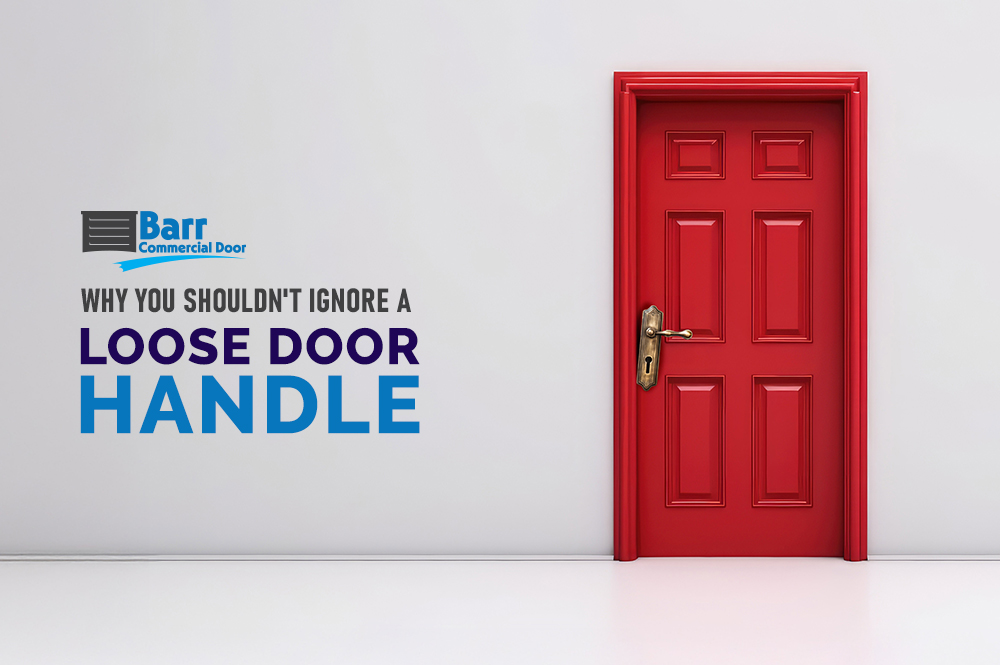Overview: Explore the pros and cons of aluminum and steel commercial doors to find the best fit for your property’s security, durability, and compliance needs in Southern California and beyond!
Not all commercial doors are built the same — and choosing the wrong one could cost you in security, compliance, and long-term performance.
If you’re weighing the pros and cons of aluminum vs. steel doors, you’re not alone. Property managers and facility operators across Southern California face this decision every day — and the stakes are high. The right door can boost your building’s durability, cut down on maintenance costs, and keep you in line with fire and safety regulations. The wrong one? It can leave your property exposed and your budget strained.
So how do you know which is right for your facility? That’s where we come in. In this blog, we break down the key differences between aluminum and steel doors — so you can make a smart, confident investment that protects your property and supports your operations!
Durability & Strength
Steel Doors : Steel is the go-to for maximum strength and security. It holds up exceptionally well in high-traffic areas and is highly resistant to impact. If your business operates in an industrial environment or deals with heavy machinery, steel doors offer the rugged performance you need.
Aluminum Doors: Aluminum is lighter than steel but still offers impressive durability. While it’s not as strong under heavy impact, it resists corrosion better — making it a great option for coastal facilities where salt air can accelerate rust on steel.
Maintenance & Longevity
Steel: Steel doors require a protective coating to prevent rust, especially in humid or coastal areas like Long Beach or San Diego. With regular maintenance, however, they can last decades and continue to meet fire-rating and security standards.
Aluminum: Aluminum doors require less maintenance and are naturally resistant to rust and corrosion. That makes them a popular choice for storefronts and commercial properties looking for a low-maintenance solution in Southern California’s varying climate.
Energy Efficiency
Both materials offer good insulation, but steel doors can typically be fitted with a higher level of thermal insulation — ideal for climate-controlled facilities or buildings looking to reduce energy costs. That said, modern aluminum doors with thermal breaks can still perform efficiently.
Here’s a quick guide on >> How Thermal Efficient Are Steel Aluminum Doors?
Aesthetics & Customization
Aluminum doors win when it comes to sleek design and customization. They’re often favored for glass-heavy storefronts, offering a modern look without sacrificing performance. In contrast, steel doors are usually chosen more for function than form — although powder coating options do allow for color customization.
Cost Considerations
Aluminum doors generally come with a lower upfront cost, especially for lighter-duty applications. Steel doors, while more expensive, offer better ROI in demanding environments due to their strength and longevity. It’s important to weigh your building’s usage demands and security needs before making a final decision.
So, Which One is Right for You?
-
Choose Steel Doors if your property needs maximum strength, fire safety compliance, and impact resistance. Perfect for industrial facilities in Los Angeles or warehouses in Inland Empire.
-
Choose Aluminum Doors for lightweight performance, modern design, and resistance to rust — ideal for retail properties in Orange County or coastal offices in Ventura.
At Barr Commercial Door, we specialize in commercial door installation and repair across Southern California, offering tailored solutions that match your facility’s specific needs. Whether you need a high-security steel entry or a sleek aluminum storefront, we’re here to help you make the right call — backed by expertise, safety compliance, and fast, reliable service.
Need help deciding between aluminum and steel doors?
Contact Barr Commercial Door today for a consultation you can trust.


